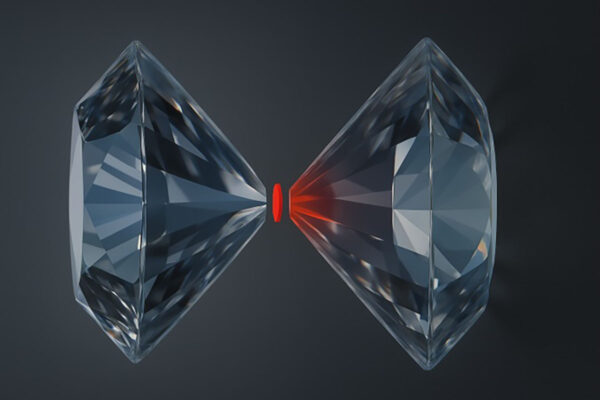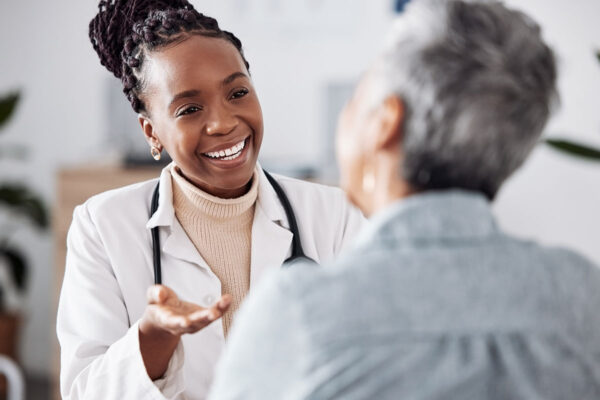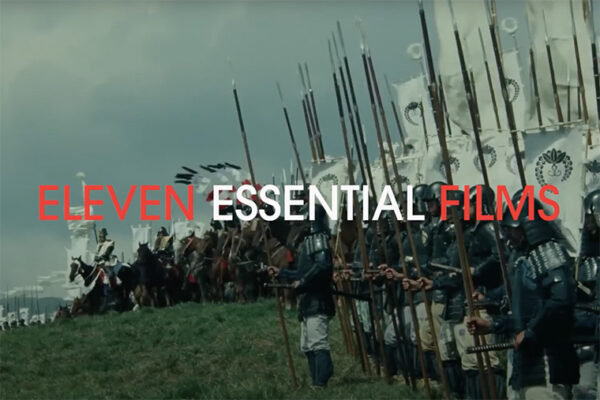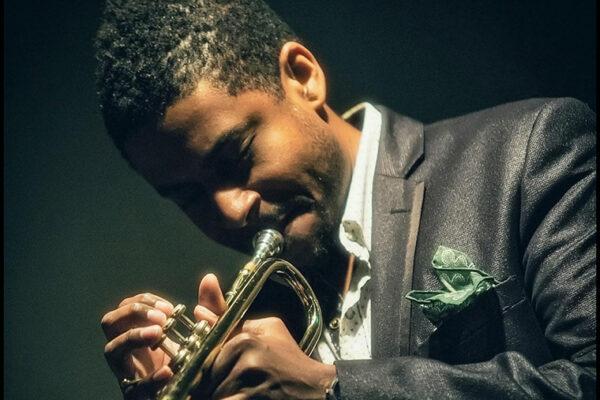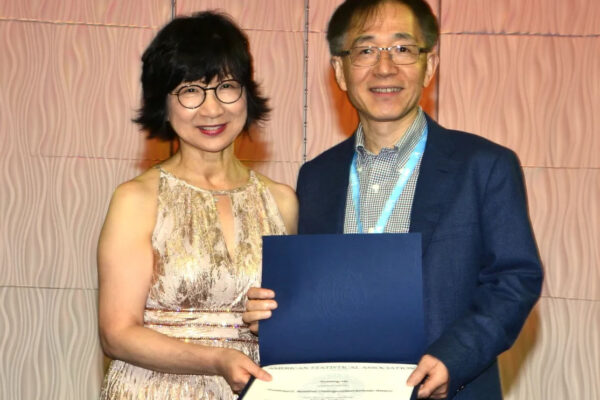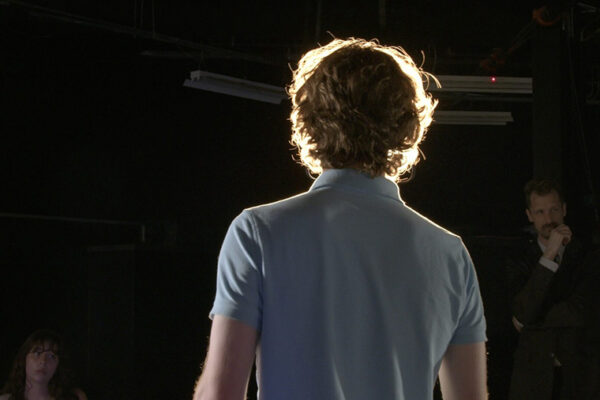New quantum sensors can withstand extreme pressure
With National Science Foundation support, physicists at Washington University in St. Louis have created quantum sensors that track stress and magnetism at pressures exceeding 30,000 times Earth’s atmosphere.
What do our words say about our minds?
A researcher at Washington University in St. Louis is working to harness artificial intelligence to find psychological traits hidden in language.
How harmful bacteria hijack crops
Researchers at Washington University in St. Louis have identified the protein involved in costly plant infestations, pointing the way to possible protections.
Pigeons of St. Louis: A new look at a cosmopolitan bird
Wildlife researchers at Washington University in St. Louis tracked pigeons in two cities to see what affects their density.
Career Catalysts: Fellows program provides first-gen student skills and a stipend
Career Catalysts, a series about WashU interns, by WashU interns, visits junior Kiersten Anderson as she leads a therapy session with individuals with memory-related illnesses. Her internship at St. Louis nonprofit Memory Keepers is funded by the Chancellor’s Career Fellows Program, which supports low-income, first-generation students.
Precious Barry
Even as a child growing up in north St. Louis County, WashU junior Precious Barry was aware that society often underestimates young people from communities like hers. Yet Barry defied expectations and earned admissions to dozens of colleges, including a full-ride scholarship to WashU.
WashU and Cinema St. Louis launch ‘Art House Cinema’ series
Nearly a dozen classic international films will be screened at the Hi-Pointe Theatre this fall. The series, “Art House Cinema, 1945-2000,” is inspired by Todd Decker’s survey course “Art House Movie Music.”
Kasimu Taylor Quartet to launch WashU Jazz Series Sept. 8
Veteran St. Louis trumpeter Kasimu Taylor will launch the fall WashU Jazz Series with a performance Sept. 8 at the 560 Music Center’s Pillsbury Theatre.
He receives statistics scholar award
Xuming He, the Kotzubei-Beckmann Distinguished Professor at Washington University in St. Louis, is the recipient of the 2025 Gottfried E. Noether Distinguished Scholar Award from the American Statistical Association.
Four student films debut at St. Louis Filmmakers Showcase
Four short films by WashU students premiered as part of the 25th Annual St. Louis Filmmakers Showcase.
View More Stories
